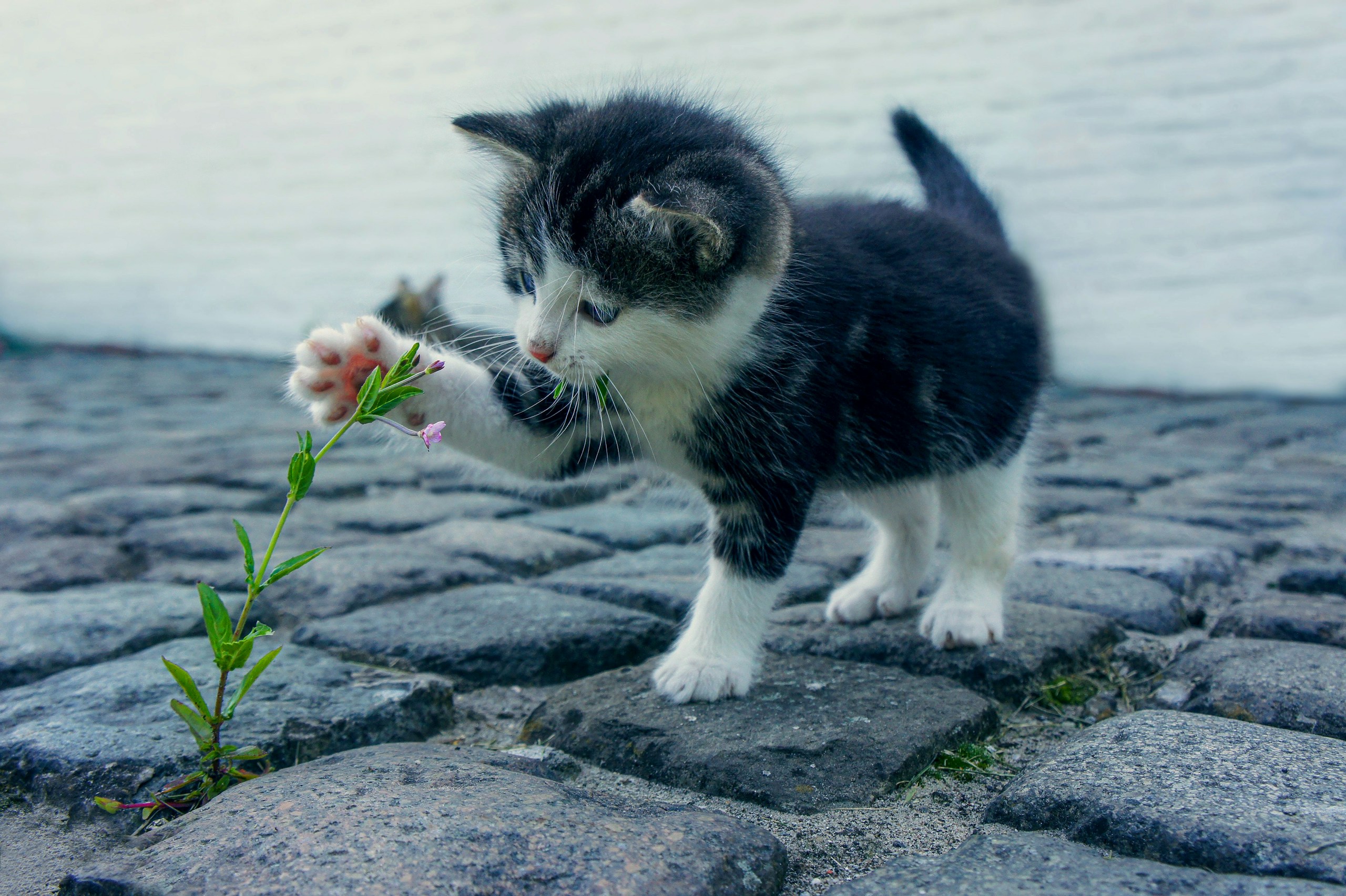Why Curiosity Is Important for Your Health

 Written by: Sabrina Sourjah
Written by: Sabrina Sourjah
Date Updated: 7/27/2021
Reviewed by: Patrick D. Randolph, Ph.D.
If you have kids, you know what an overdose of curiosity sounds like: Why is the sky blue? Where do rivers go? Why does the sun always come up? How do fish learn to swim?
Although we sometimes get annoyed with our kids’ never-ending questions, have you ever wondered how amazing their curiosity is? How strange and refreshing their need is to know how everything works.
In addition to providing us with ample intellectual stimulation, curiosity can benefit adults’ health and overall life satisfaction.
Definition of Curiosity
The American Psychological Association (APA) defines curiosity as “the impulse or desire to investigate, observe, or gather information, particularly when the material is novel or interesting.”
Children are born curious about everything they come into contact with. But as we get older, we slowly lose that curiosity as we give in to the busyness of everyday life.
What Triggers Curiosity?
When you’re curious to learn about something and satisfy that curiosity, your brain releases dopamine, the neural transmitter related to rewards.
We like it when our brains feel rewarded, and therefore, we can get drawn to the dopamine-seeking reward loop triggered by curiosity.
Things You Can Be Curious About
You can be curious about anything. Some things that might pique your curiosity include:
-
The world, animals, formation of canyons, age-old trees
-
Your family history, how your family landed in your current location, occupation of your great grandparents
-
Your current city, your neighbor’s lives, events organized in your area
-
Hobbies like fashion design, interior decor, landscaping, and gardening
-
Systems and processes in governments, economy, and our human physiology
Habits of Curious People
-
They welcome surprises and changes
-
They ask a lot of questions
-
They tend to process a lot of information on their own
-
They like to attend informational events
-
They have a futuristic view of life
-
They are not afraid to say “I’m not sure”
-
They are more present in life
-
They judge others less
Benefits of Curiosity
1. Overall Health
Researchers have observed a positive correlation between curiosity and a “decreased likelihood of developing hypertension and diabetes.” In addition, when you are curious about the world, you may also be aware of any widespread diseases and how to overcome them.
2. Surgery Outcomes
When a curious individual goes into surgery, it is quite likely that they will fully understand their condition and what the surgery is supposed to fix. They will also have a better understanding of best practices during the postoperative period.
3. Mental Health
According to studies, curious people have a high tolerance for anxiety and uncertainty, and they tend to express their emotions more. They are also playful and use humor to cope with challenging situations. These qualities can decrease stress and increase mental well-being.
4. Longevity
In a study of 1,000 older adults between 60 and 86 years, those rated as curious had longer life expectancy than those low in curiosity. When you are curious, you will find the purpose and motivation to go on in life despite your age.
5. Life Satisfaction
According to a worldwide study conducted by Gallup, curiosity is one of the main factors determining one’s overall happiness. The other determinant of happiness is described as “being able to count on someone for help.”
It is also easier to maintain social relationships as a curious person because you want to know about others and their struggles. Having strong social bonds and relationships will add to your life satisfaction.
Conclusion
Try to be curious about your surroundings and look at the world as if you’re looking at it for the very first time. When you slowly reclaim your childhood curiosity, you will begin to notice improvements in your health and happiness.
However, we’re all busy and caught up in our lives. Therefore, you may need to pick a few areas that you are most curious about, so you can avoid overwhelming yourself.
Recent Comments